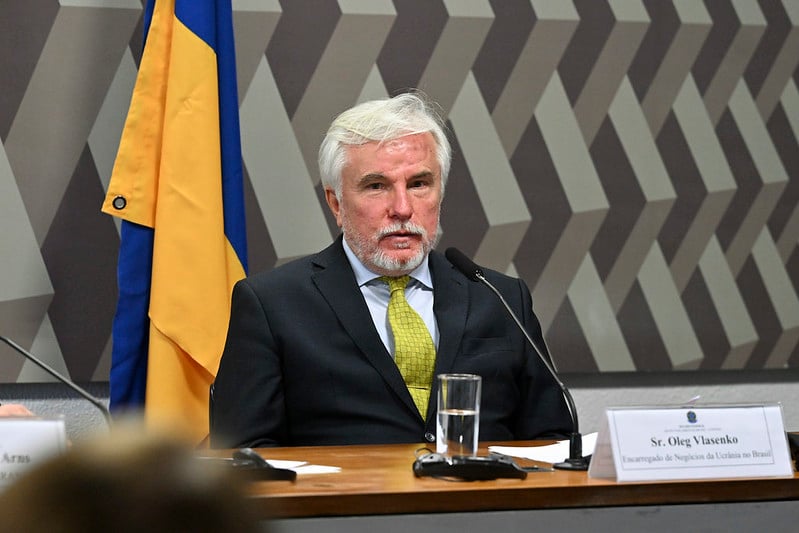COP30, the United Nations Climate Conference hosted by Brazil in the Amazonian city of Belém, began with fervent expectations but ended rather lukewarm.
President Luiz Inácio Lula da Silva’s government knew that just hosting the conference would be an immense challenge. But he argued that the world needs to experience the Amazon firsthand if it wants to conduct a well-informed climate negotiation. This, Lula said, was not going to be the COP of Luxury, rather the COP of Truth.
Structural challenges were definitely present, as were the heat, humidity, and tropical rainfall in Belém, the city which famously has two seasons: one where it rains every day, and the other where it rains the whole day. There was even a fire in the conference’s main pavilion, which was contained within a couple of minutes, but delayed negotiations at a key moment.
At the end of the two weeks, COP30 managed to deliver the “Belém Package” — a set of 16 documents containing decisions and some important advances. For example, indicators to measure the “Global Goal on Adaptation,” guidelines for a socially just energy transition, and the unprecedented recognition of the importance of indigenous land in combating climate change.
However, excitement and optimism about the possible inclusion of a roadmap to transition away from fossil fuels ended in disappointment. Despite efforts from Brazil and widespread support from other countries, the interests of major global oil producers spoke louder than the scientific warnings — and the headline “Mutirão Decision” approved on Saturday, November 22nd doesn’t mention the term “fossil fuels” even once.
That said, the legacy of Brazil’s COP30 presidency goes beyond the final declaration. The launch of a new financing model to keep forests standing — the TFFF — and the creation of a Planetary Science Pavilion, designed to offer scientific information to the diplomatic negotiations, are examples of 2025 innovations that may have a long life in the global climate agenda.
While COP30 was certainly not a “FLOP,” as Brazilians opposed to the Lula government gleefully posted on social media, it did end with legitimate frustration for environmentalists and the scientific community. As negotiators left Belém with lukewarm achievements, our planet just keeps getting hotter.
To unpack the final tally of COP30, our guest is Carlos Nobre, who presided over the Planetary Science Pavilion and is just back from two long weeks of work at the conference.
Nobre is one of the world’s leading climatologists, a researcher at the University of São Paulo, co-chair of the Science Panel for the Amazon, and a member of academies such as the World Academy of Sciences.
He co-authored the research that earned the Intergovernmental Panel on Climate Change the Nobel Peace Prize in 2007 and was also responsible for creating some of Brazil’s main government climate centers, as well as the Large-Scale Biosphere-Atmosphere Experiment in the Amazon.
In this conversation, he assesses COP30’s hits and misses — and the possibilities that still lie ahead for:
The Brazilian government
The international community as a whole
The scientific community
Economic sectors in Brazil.










